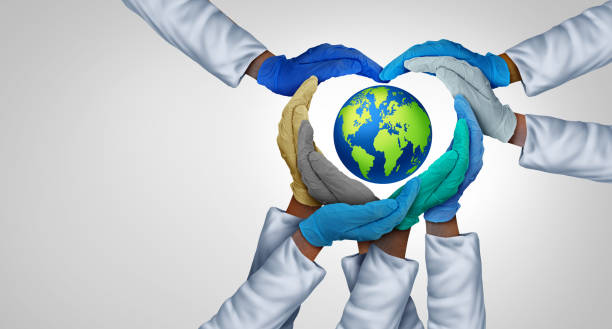“We urge all parties to the conflict in Somalia to immediately cease these violations”, the Special Representative for Children and Armed Conflict, Virginia Gamba, and the Special Representative on Sexual Violence in Conflict, Pramila Patten said in a statement.
Displaced exploited
The reports (the Report of the Secretary-General on Children and Armed Conflict and the Report of the Secretary-General on Sexual Violence in Conflict.) documented that in 2020, 400 civilians, primarily girls, were victims of rape and other forms of sexual violence.
This represented an almost 80 per cent increase compared to 2019.
More than 100 cases of sexual violence against girls were verified by the UN in the first quarter of 2021. Perpetrators often exploited the vulnerability of displaced girls, targeting them when they left camps to perform domestic chores, the reports noted.
Insecurity in Somalia
The report linked sexual violence to the prevailing conditions of insecurity in Somalia. This was marked by political tensions in the run-up to national elections, inter-communal clashes related to land-based disputes, and a surge in extremist militant group Al-Shabaab’s activities, which intensified during the COVID-19 pandemic.
In addition to the temporary suspension of security and judicial services, the pandemic also disrupted access to education and services for survivors.
Cases of sexual violence attributed to Al-Shabaab has doubled, the report found, describing how the Islamist militant group continues to use sexual violence and forced marriage to dominate areas under their de facto control.
Violations carried out by clan militia has also almost tripled over the past year. These have been linked to a proliferation of small arms and light weapons.
In the vast majority of cases, the culprits remain unidentified, which perpetuates the cycle of impunity.
The two senior UN experts also expressed serious concern that over 15 per cent of all cases of sexual violence verified, were attributed to the Government security forces.
Both the Somali National Army and the Somali Police Force, as well as regional forces, committed acts of rape and other forms of sexual violence against women and children.
Concrete action
The Special Representatives have urged the Government of Somalia to take concrete measures to prevent sexual violence against women and children.
They highlighted the importance of the 2012 action plan on ending the recruitment of children as soldiers and the 2019 road map, which establishes mechanisms for the prevention of sexual violence against children.
National action plan
They further urged the Government to swiftly adopt a new national action plan on ending sexual violence in conflict.
This will reinforce the policy of zero tolerance within the security sector and help to strengthen institutional capacity to effectively prevent and respond to conflict-related sexual violence.
Somali lawmakers were also called on to strengthen laws to better protect the rights of women and children. They highlighted the weak legislation that allows perpetrators to walk free, and survivors receive little or no support.
“The Somali authorities must send a strong and clear signal of hope to survivors and deterrence to perpetrators and potential perpetrators”, the two Special Representatives stated.








 English (US) ·
English (US) ·